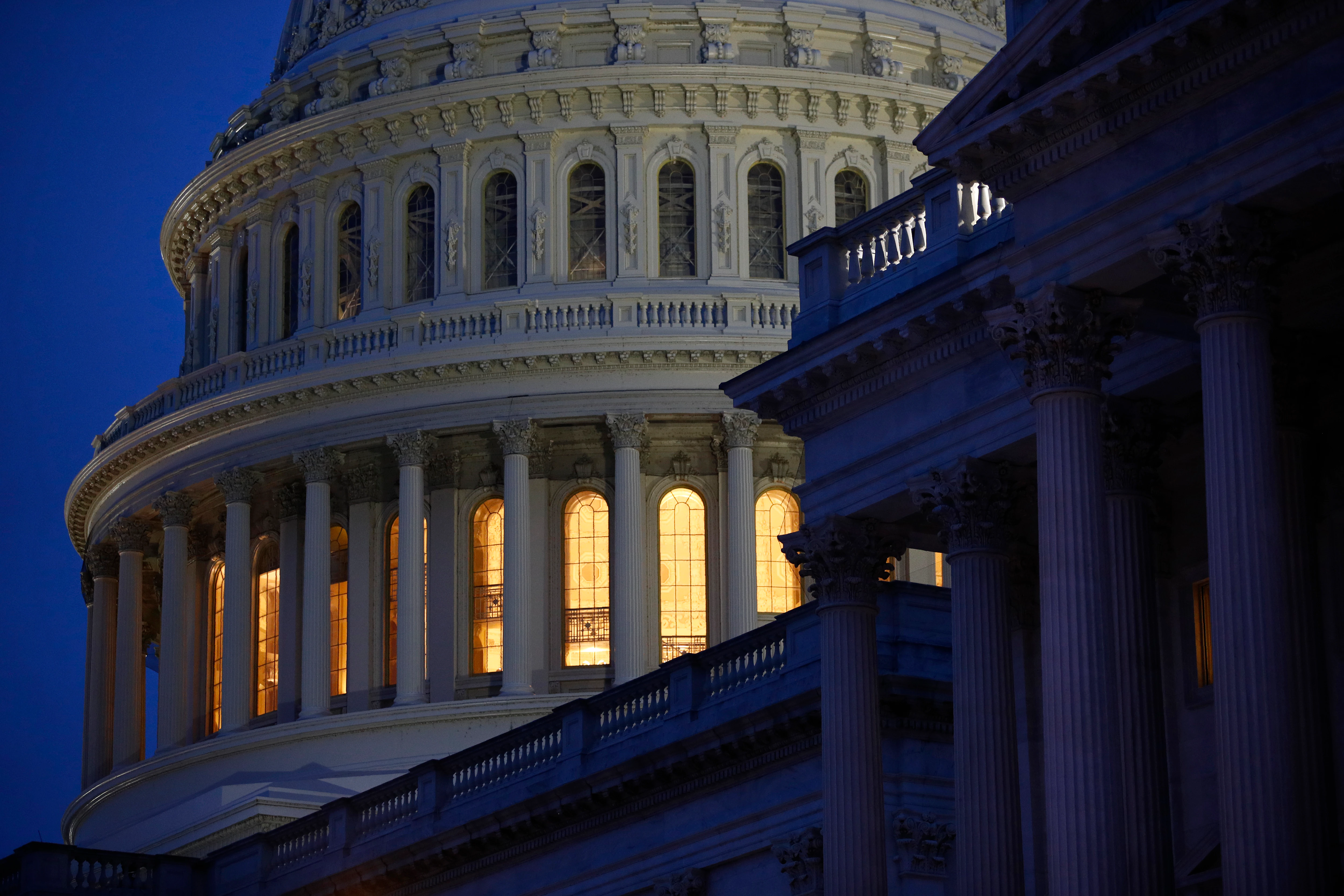The U.S. Senate on Thursday moved to end debate on a bipartisan, $1 trillion infrastructure bill, as leaders continued to negotiate behind the scenes on the best way to complete remaining amendments and move to a vote on passage.
Senate Majority Leader Chuck Schumer set up a vote for Saturday on limiting debate, a last step before passage. But he also said, “If we come to an agreement yet tonight, which is our preference, we will have additional votes on amendments.”
The Senate was scheduled to begin a summer recess next week, which is likely to be delayed by at least a few days.
Once the infrastructure bill is voted on, the Senate is expected to begin work on a budget framework that Democrats hope will pave the way for a $3.5 trillion “human infrastructure” bill later this year.
The measures must also pass the House of Representatives, where Democrats have a thin majority.
Some senior House Democrats, including Representative Peter DeFazio, chairman of the Transportation and Infrastructure Committee, have expressed concern that the $1 trillion bill lacks sufficient climate measures.
Progress on the $1 trillion infrastructure bill to finance construction of roads and bridges and expansion of broadband internet service to underserved rural areas came despite the non-partisan Congressional Budget Office announcing that it would increase federal budget deficits by $256 billion over 10 years.
Lead negotiators on the bill argued the measure would be financed in a way so as not to incur deficit spending.
The sweeping package of funding is one of Democratic President Joe Biden’s top legislative priorities.
Senator Thom Tillis, one of the Republicans who voted to advance it late last month, said he did not think the CBO findings would diminish his support for the legislation.
He added that the agency did not take into account some provisions of the bill that would lessen its impact on deficits.
Other Republican senators, including Mitt Romney and Kevin Cramer, also continued to defend the bill.
The CBO’s analysis said the bill would increase Washington’s revenue by $50 billion over the decade and increase discretionary spending by $415 billion.
It did not include $57 billion in added revenue that senators estimated Washington would collect over the long term from the economic growth benefits of the infrastructure projects.
It also did not count $53 billion in unused federal supplemental unemployment funds to be returned from states.
The bill’s top two negotiators, Republican Senator Rob Portman and Democratic Senator Kyrsten Sinema, said in a joint statement that the CBO was “limited in what it can include in its formal score” of the bill. They added that new spending in the measure is “offset” through the combination of new revenue and savings, only some of which was taken into account by the CBO.
In procedural votes in late July, the bill garnered more than enough votes to indicate it could pass the Senate on a bipartisan basis, with more than a dozen Republicans joining the Senate’s 50 Democrats and independents.
The Senate is trying to wrap up work ahead of a scheduled five-week summer recess.
















































